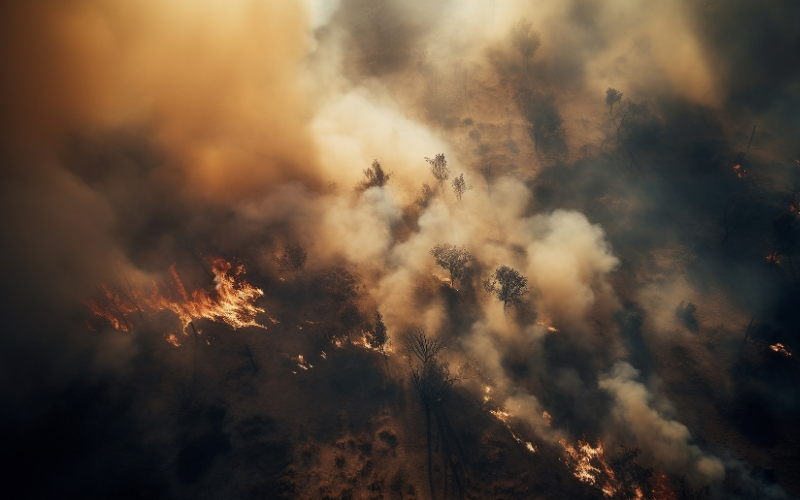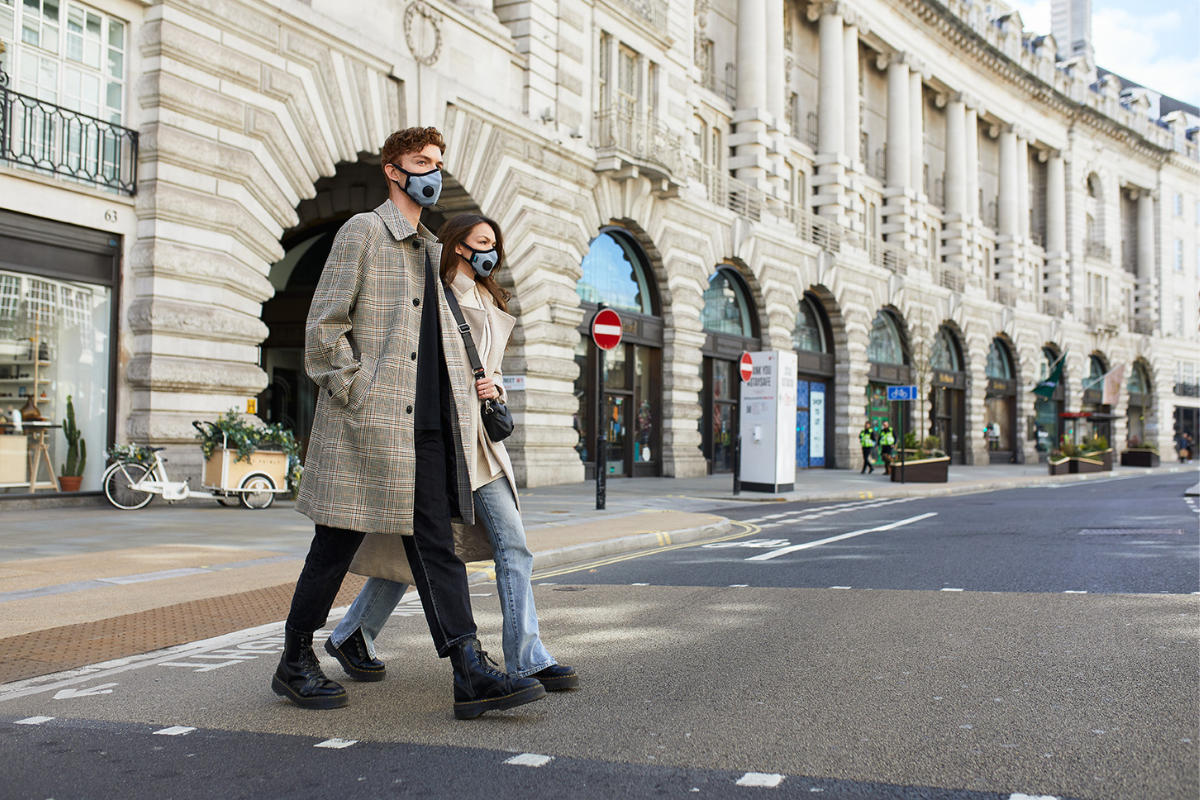
Face Masks: Essential Protection in the Post-Pandemic World
In a world where we've grown accustomed to masks as part of our daily routine, it's only natural to question their ongoing necessity. While the COVID-19 pandemic has subsided, other factors prompt us to consider whether we should still wear a face mask. This blog explores why masks are still relevant, whether children should continue wearing them, and how masks protect not just ourselves but also those around us.

Why Should We Still Wear a Face Mask?
1. Protection Against COVID-19 Variants
Even though vaccination rates are high, new COVID-19 variants continue to emerge. These variants can be more transmissible or evade immunity from previous infections or vaccinations. Wearing a face mask provides an extra layer of protection, especially in crowded or enclosed spaces where transmission risk is higher. It is a simple measure to reduce the spread of the virus and protect those who might not be fully vaccinated or have weaker immune responses.
2. Seasonal Flu and Other Respiratory Illnesses
Masks have proven effective in reducing the spread of not just COVID-19 but also the flu and other respiratory illnesses. During flu season, a face mask can help minimize your chances of catching or spreading viruses. The same measures that reduce COVID-19 transmission also apply to other respiratory pathogens, making mask-wearing a valuable tool in maintaining overall public health. By wearing a mask, you can avoid the unpleasant symptoms of the flu and other respiratory infections and reduce the burden on healthcare systems.
3. Air Pollution and Allergies
In areas with high pollution levels, wearing a pollution mask or dust mask can significantly improve air quality for the wearer. These masks filter out harmful particles, reducing the risk of respiratory issues and allergies. Urban areas with heavy traffic or industrial activities often have higher levels of air pollution, which can exacerbate conditions like asthma and bronchitis. A mask designed to filter out particulate matter can help you breathe cleaner air and protect your lungs from long-term damage.
4. Wildfire Smoke
For those living in regions prone to wildfires, a smoke mask can protect against harmful particles in the air. This is crucial for maintaining respiratory health during wildfire season. Wildfire smoke contains a mix of hazardous substances, including fine particulate matter, which can penetrate deep into the lungs and even enter the bloodstream. Wearing a smoke mask can significantly reduce your exposure to these harmful particles and help you stay healthy during wildfire events.

Should Our Children Still Wear a Face Mask?
Children are particularly vulnerable to respiratory infections. While the risk of severe illness from COVID-19 is lower in children, they can still spread the virus to more vulnerable populations. Here are a few reasons children should continue wearing masks in certain situations:
1. School and Public Settings
Schools can be hotspots for virus transmission. Wearing a face mask in crowded school settings can reduce the spread of infections, keeping both students and staff healthier. Classrooms, cafeterias, and school buses are environments where physical distancing can be challenging, making mask-wearing an effective measure to protect against outbreaks. Schools that have implemented mask policies have seen lower rates of transmission, contributing to safer learning environments.

2. Protection for At-Risk Family Members
If a child lives with or frequently visits at-risk family members, wearing a mask can help protect these vulnerable individuals from potential exposure to viruses. Children can be asymptomatic carriers of COVID-19 and other respiratory illnesses, inadvertently spreading infections to those with weakened immune systems or chronic health conditions. By wearing a mask, children can play a crucial role in protecting their loved ones from illness.
For more detailed information about mask usage and filtration capabilities, you can visit the Cambridge Mask FAQ page.
How Does Wearing a Face Mask Protect More Than Just Ourselves?
Wearing a face mask is not just about personal protection; it also plays a crucial role in safeguarding public health. Here's how:
1. Reducing Transmission
Masks significantly reduce the spread of respiratory droplets, which are a primary mode of transmission for viruses. This means fewer people get exposed, helping to control outbreaks. When you wear a mask, you are not only protecting yourself from inhaling viral particles but also preventing your respiratory droplets from reaching others. This dual protection is especially important in settings where physical distancing is not possible.
2. Protecting Vulnerable Populations
By wearing a mask, you help protect those who are at higher risk of severe illness, such as the elderly, immunocompromised individuals, and those with underlying health conditions. These individuals may not have the same level of protection from vaccines or may be unable to receive vaccinations due to medical reasons. Mask-wearing is a considerate and effective way to shield them from potential exposure and complications.
3. Promoting Community Health
When more people wear masks, the overall level of virus transmission in the community decreases. This collective action helps prevent overwhelming healthcare systems and keeps everyone safer. Mask-wearing can contribute to lower rates of infection, reducing the strain on hospitals and healthcare workers. It also helps maintain essential services and keeps businesses and schools open by minimizing outbreaks.
Conclusion
In conclusion, the decision to continue wearing a face mask should be guided by current health conditions, personal risk factors, and the wellbeing of those around us. Whether it's a mask for COVID-19, a pollution mask, or a smoke mask, these protective coverings serve an important role in our daily lives.
Maintaining the habit of wearing a face mask, especially in high-risk situations, not only protects us but also contributes to the health and safety of our communities. So, the next time you step out, consider keeping your face mask handy—it’s a small effort that makes a big difference.
Wearing a face mask is a simple yet powerful tool in our collective fight for better public health. By embracing this practice, we can protect ourselves from various respiratory threats, safeguard vulnerable populations, and promote a healthier community. So whether it's a face mask, air mask, breathing mask, dust mask, pollution mask, or smoke mask, wearing one remains a prudent and considerate choice.


